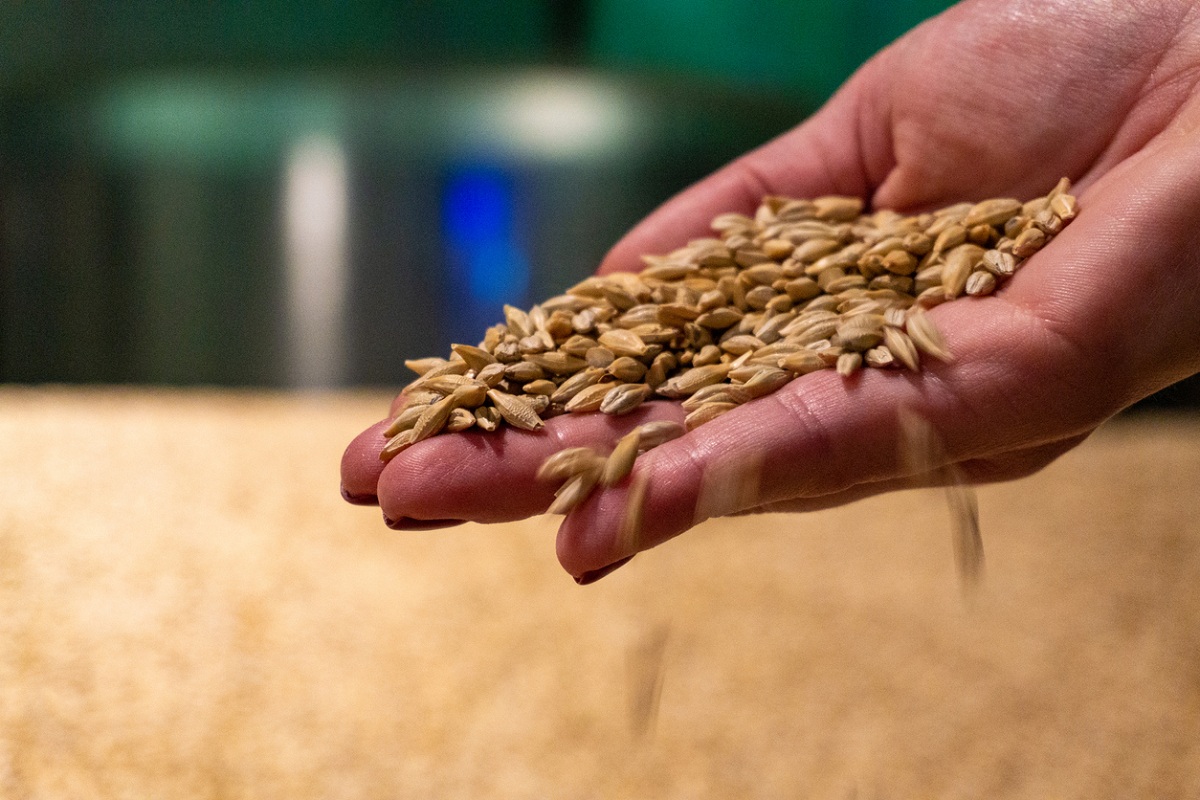As the wheat stocks in government godowns hit a seven-year low, concerns about food security reverberate across the nation. The current inventory of 163.5 lakh tonnes, though above the minimum buffer level, signifies a delicate situation. The government’s interventions, including export bans and stockholding restrictions, aim to tackle the soaring cereal prices, a predicament exacerbated by 15 consecutive months of double-digit inflation from September 2022 to November 2023. The timing of these measures, coupled with the upcoming harvest of the wheat crop in March, involves intricacies of policies and nature. The government’s ban on exports of wheat and non-basmati white rice, along with limitations on stock holdings, reflects a proactive stance. While these steps might offer temporary relief, the ultimate decider remains the size of the harvest, especially as the nation braces for Lok Sabha elections. Farmers have sown 336.96 lakh hectares of wheat this season, a slight increase from last year and well above the five-year average.
The early concerns about winter conditions and crop health seem to be dissipating, according to experts in the Indian Agricultural Research Institute. The crop sown from late October to the first week of November is progressing well, and optimistic reports surround both the weather and the crops sown after mid-November. The challenge lies not only in managing the immediate crisis but also in ensuring sustainable agricultural practices. With climate change influencing weather patterns and posing uncertainties, a forward-looking approach becomes imperative. It necessitates a delicate balance between addressing immediate concerns and implementing policies that promote resilient and sustainable agricultural practices. The government’s restriction on holding more than 1,000 tonnes of wheat by wholesalers and big chain retailers indicates recognition of the need for equitable distribution. However, as we navigate through these interventions, it is crucial to acknowledge the interconnectedness of various factors. A successful harvest is undoubtedly a significant component, but it is not the sole determinant of long-term food security. While we grapple with the immediate challenges, we must also reflect on the broader picture ~ our dependence on staple crops and the need for diversification.
Advertisement
Exploring alternatives and promoting a diverse range of crops can enhance resilience in the face of unforeseen circumstances. Additionally, investing in technology and research to improve crop yields and reduce post-harvest losses should be integral to our agricultural strategy. The current grain crisis in India is a call to action for a comprehensive and nuanced approach. Government measures are crucial for managing the immediate situation, but a forward-looking perspective that considers climate resilience, diversification, and technological advancements is equally vital. As the nation awaits the outcome of the March harvest, it is an opportune moment to re-evaluate our agricultural policies and ensure a sustainable and secure future for our food supply
